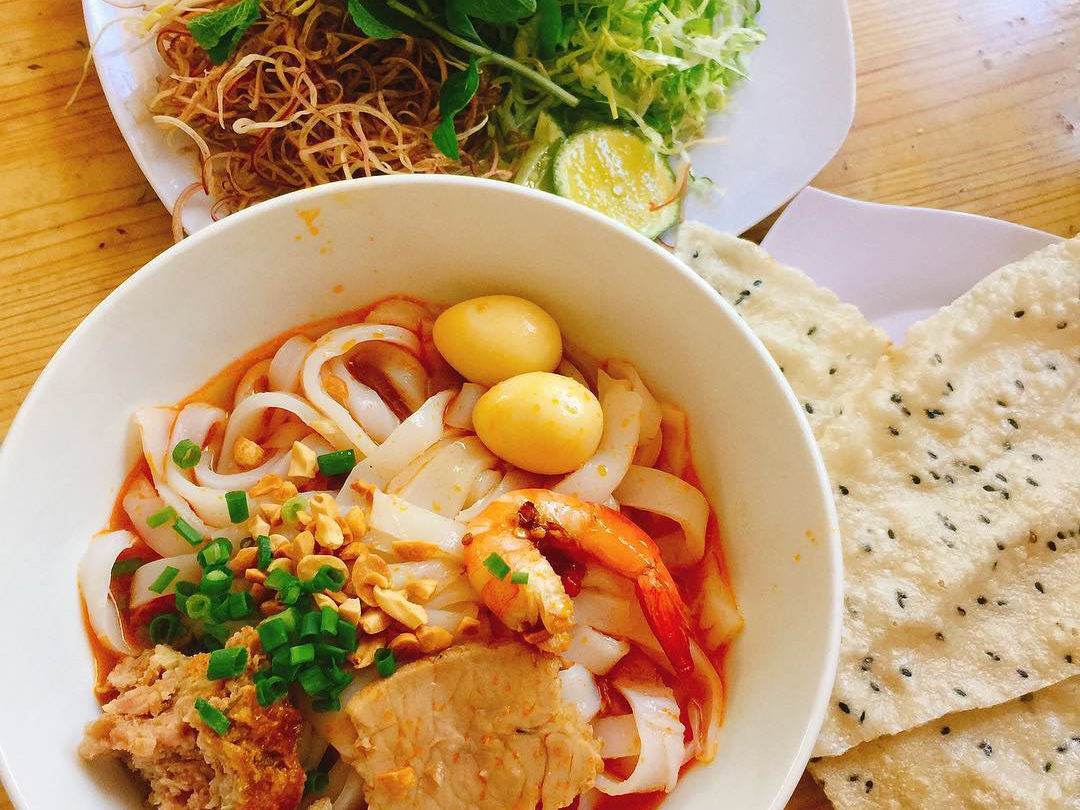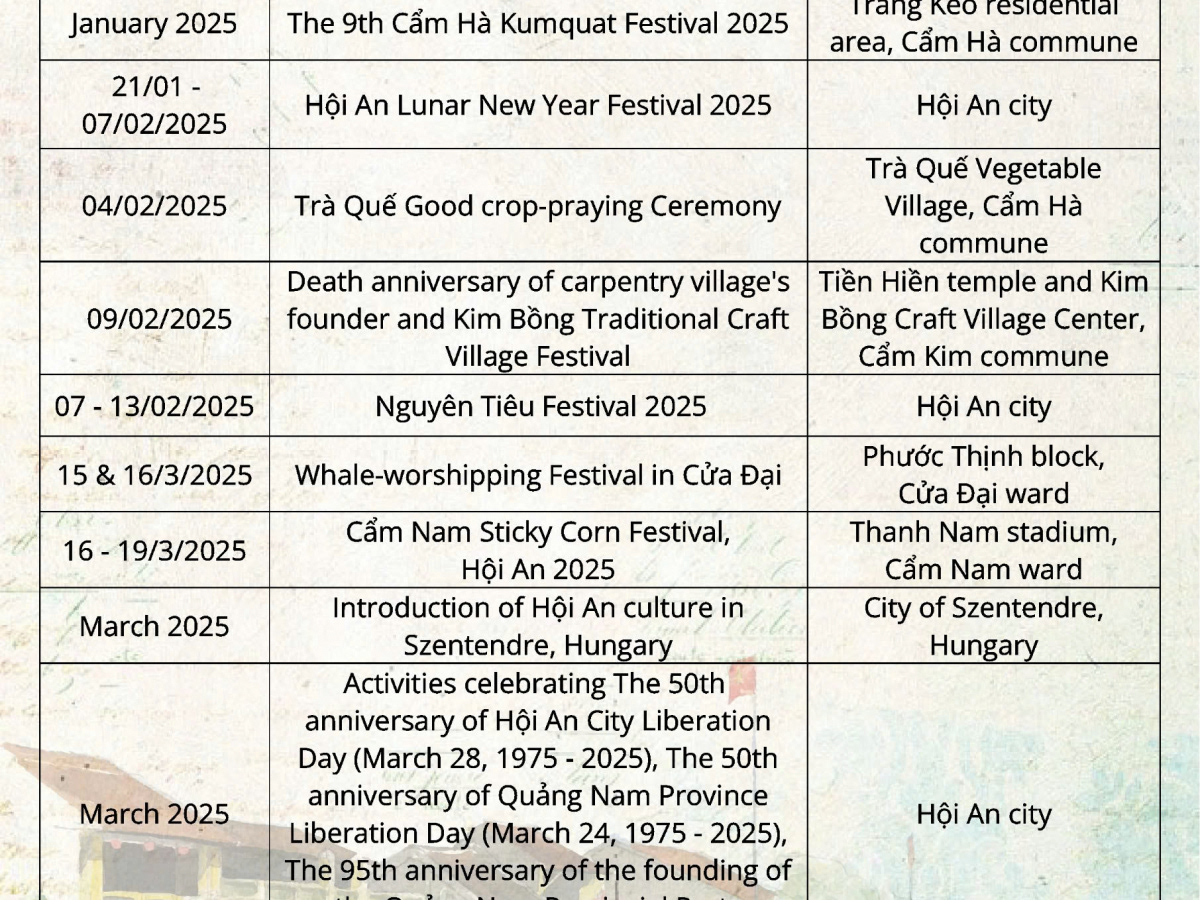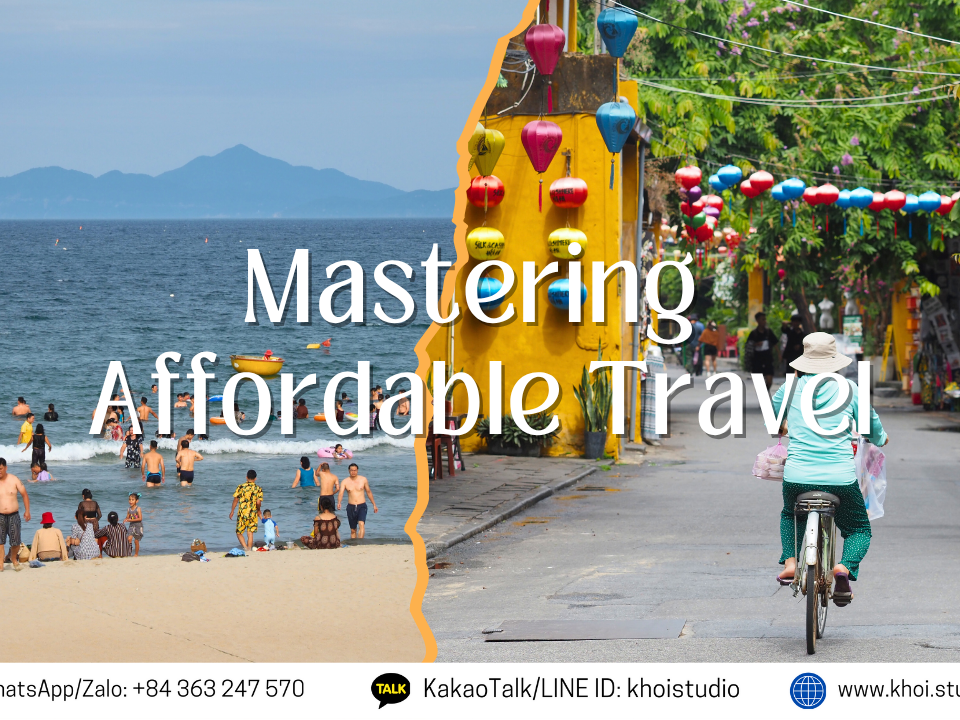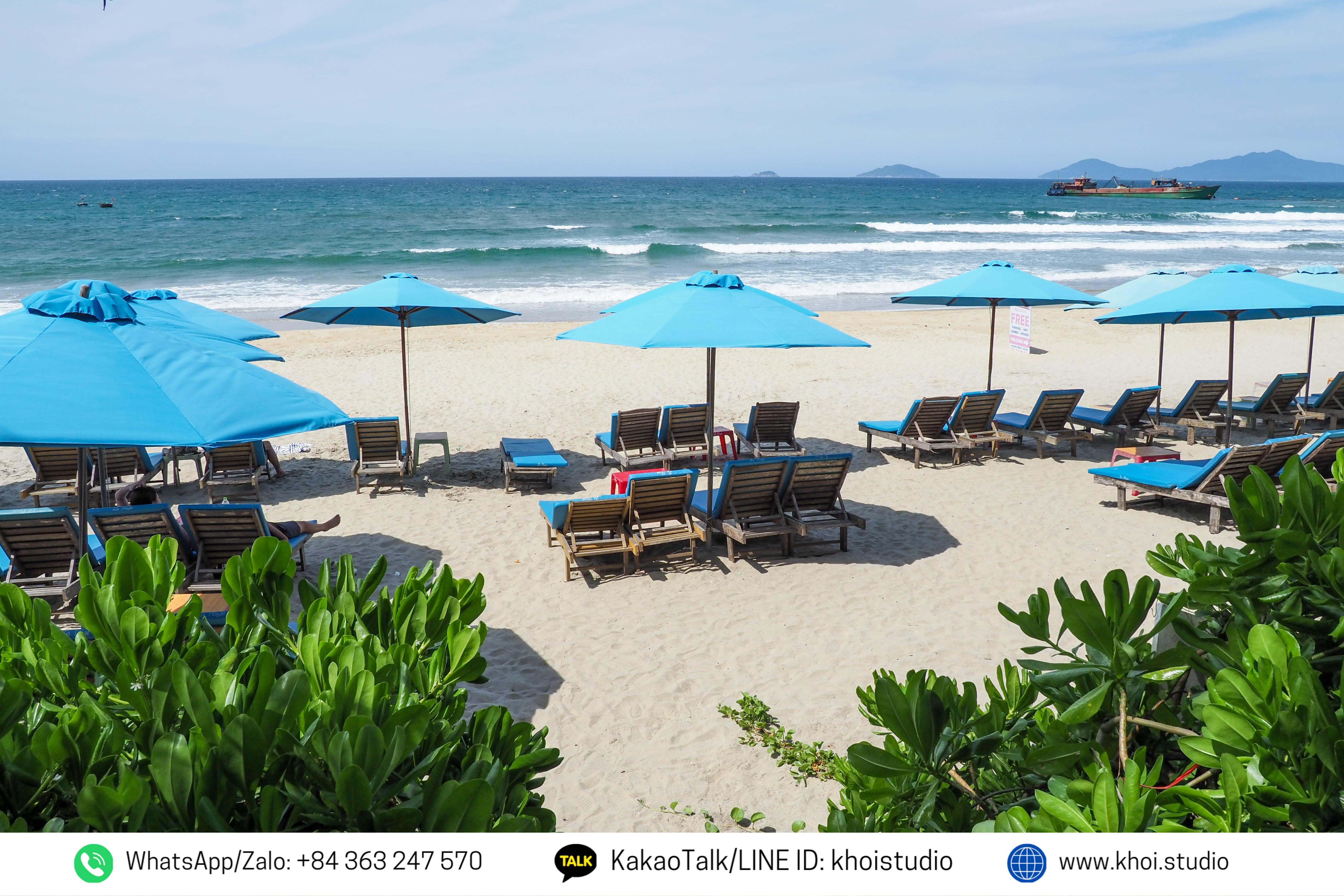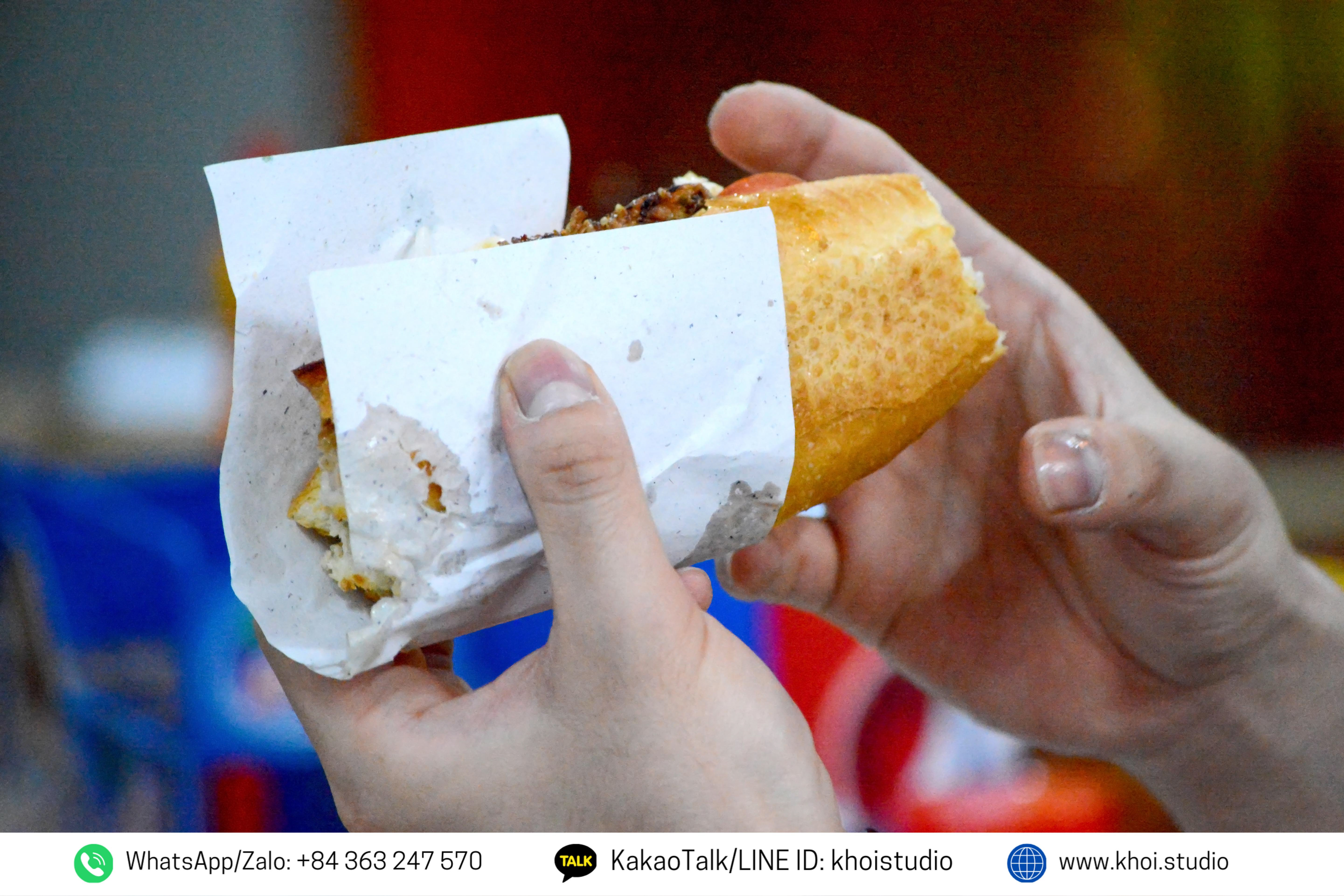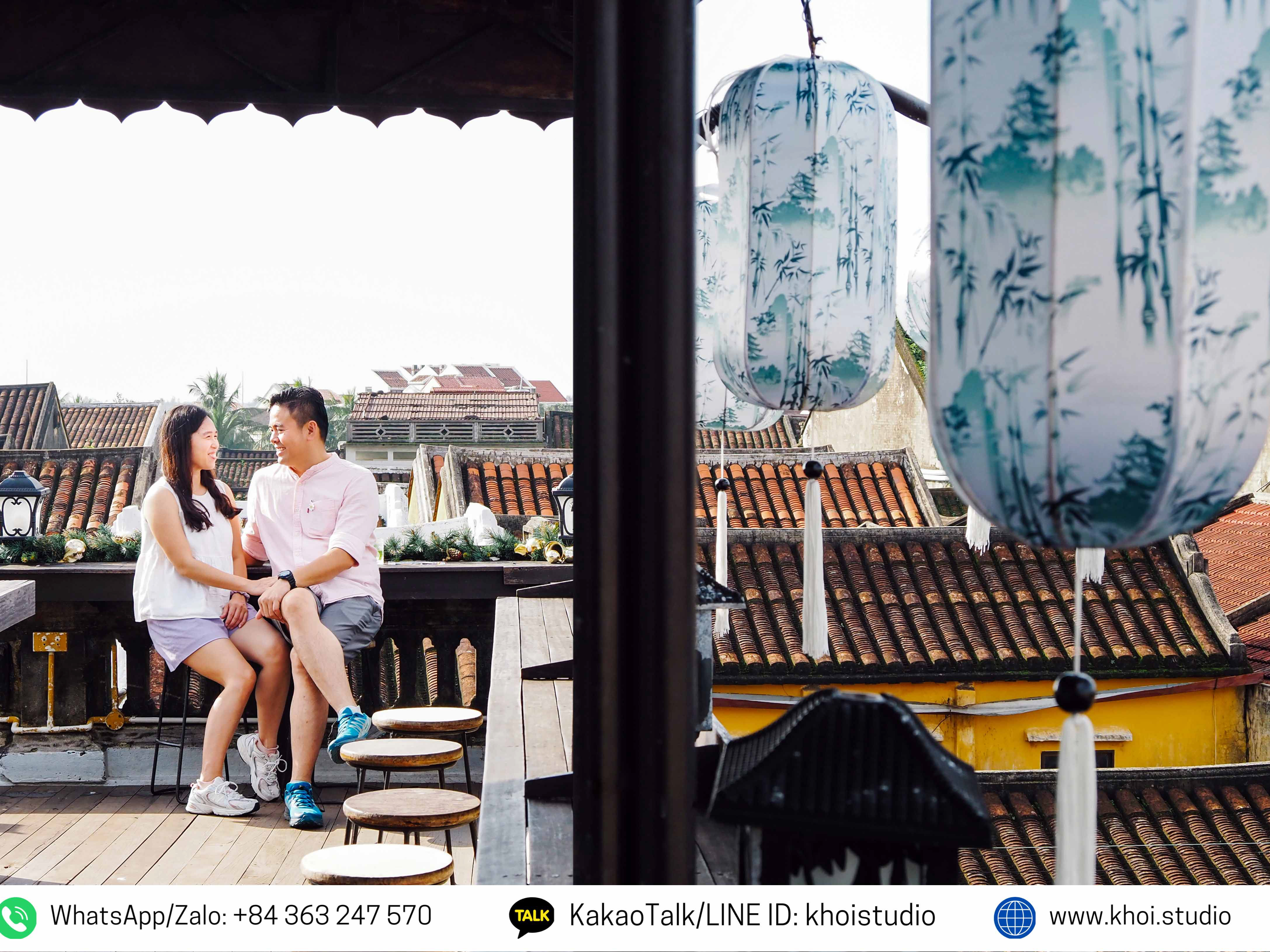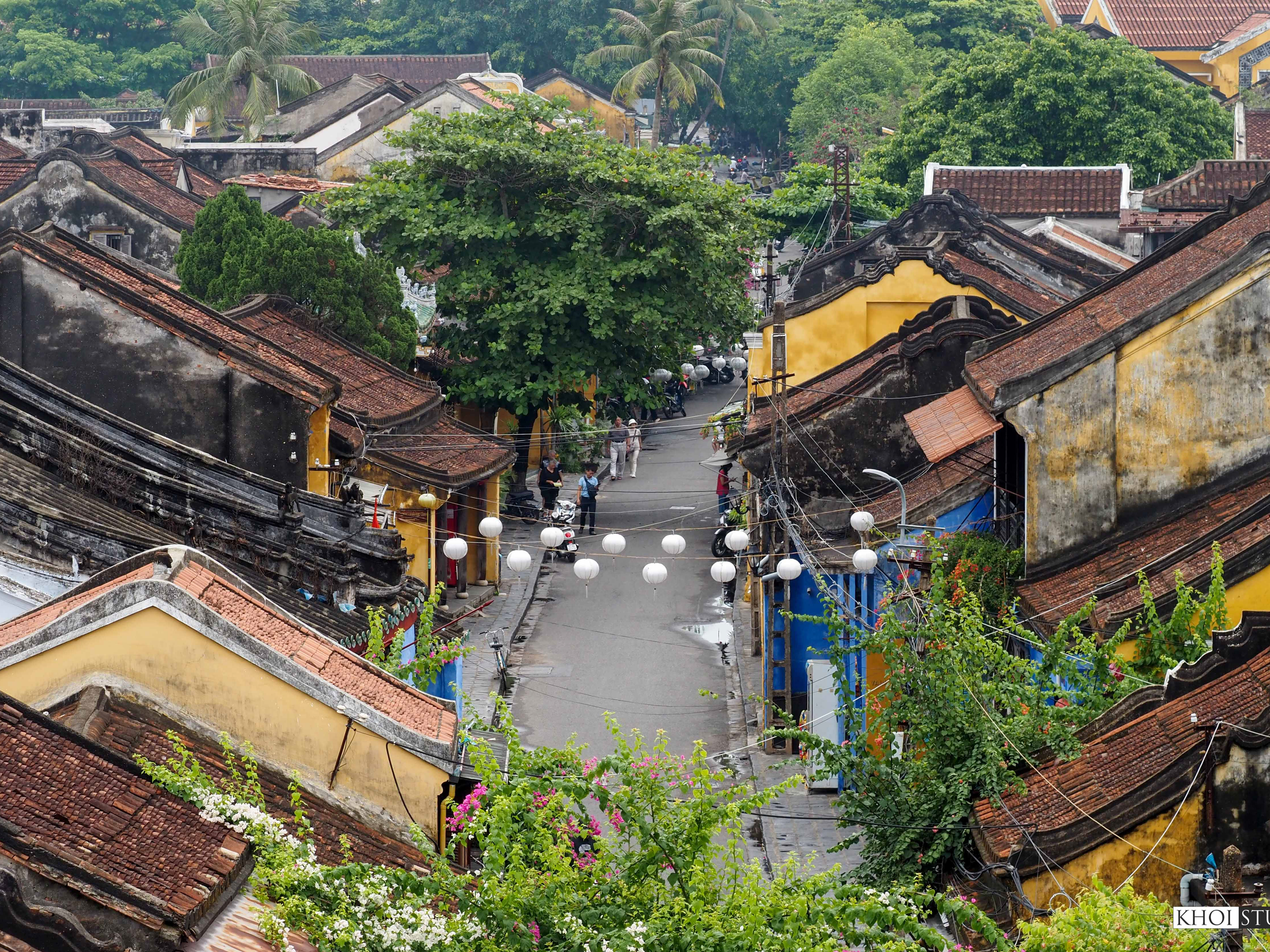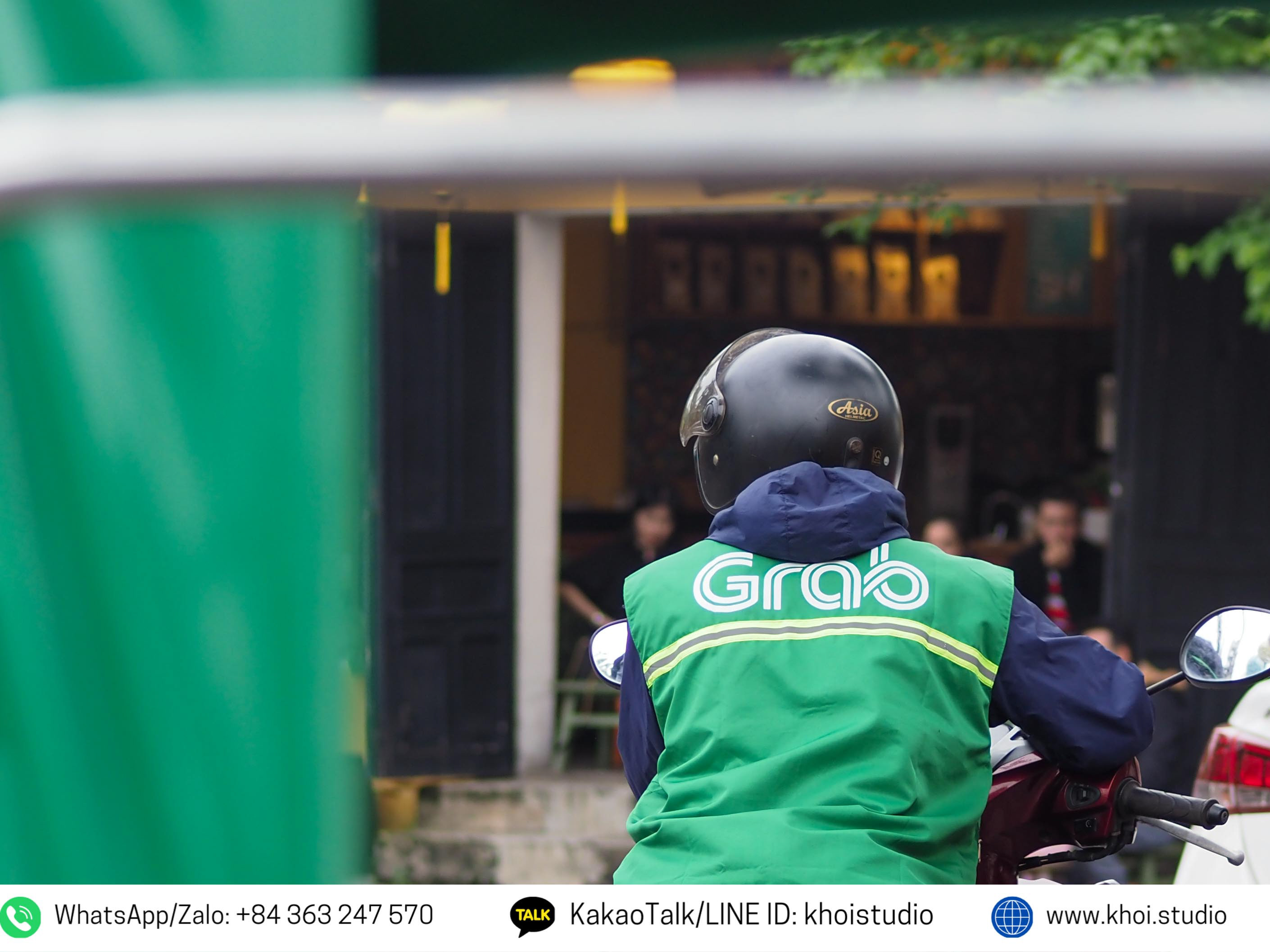Signs in Vietnamese and English at Da Nang International Airport. Photo: Khoi Studio
I. Visa and Passport Requirements: Your Gateway to Vietnam
Most foreign nationals require a visa to enter Vietnam. However, the country offers several convenient options for travelers.
Passport Validity: A fundamental requirement for all visitors is a passport with at least six months of validity remaining from the date of entry into Vietnam.
Visa Exemptions: Citizens of several countries are exempt from visa requirements for short stays.4 As of recent updates, this includes nationals from 13 countries who can stay for up to 45 days without a visa for all purposes, a significant extension from the previous 15-day limit. These countries are Germany, France, Italy, Spain, the United Kingdom, Russia, Japan, South Korea, Denmark, Sweden, Norway, Finland, and Belarus. It is always advisable to check the latest exemption list with an official Vietnamese embassy or consulate before travel.
E-Visa System: Vietnam has implemented a user-friendly e-visa system, available to citizens of all countries and territories. The e-visa allows for a stay of up to 90 days with single or multiple entries. Applications can be submitted online through the official Vietnam Immigration e-visa portal.
Visa on Arrival: While previously a popular option, the "visa on arrival" service is now less common with the introduction of the comprehensive e-visa system. Travelers are generally encouraged to obtain an e-visa prior to their departure to avoid any potential complications upon arrival.
II. Navigating Customs: What You Can and Cannot Bring
Understanding Vietnam's customs regulations will help you avoid delays and potential penalties when entering and exiting the country.
Duty-Free Allowances for Entry:
Alcohol: Visitors are permitted to bring in up to 1.5 liters of liquor with an alcohol content of 20% or higher, or 2 liters of liquor with an alcohol content below 20%, or 3 liters of other alcoholic beverages.
Tobacco: The allowance for tobacco products is 200 cigarettes, 20 cigars, or 250 grams of shredded tobacco.
Other Goods: Personal effects in reasonable quantities for the duration of the trip are generally exempt from duty.
Prohibited and Restricted Items: A range of items are strictly prohibited from being brought into Vietnam, including:
Weapons, ammunition, and explosives.
Narcotics and psychotropic substances.
Anti-government documents, pornography, and other culturally inappropriate materials.
Certain other items may be restricted and require a permit, such as certain types of publications, cultural artifacts, and communication devices.
Declarations upon Exit: When departing Vietnam, travelers are generally not required to complete a customs declaration unless they are carrying goods that exceed the duty-free allowance for their destination country or items that are subject to export restrictions.Souvenirs and personal items are typically not an issue.
III. Currency Regulations: Managing Your Money
Vietnam has specific regulations regarding the amount of currency that can be brought into and taken out of the country.
Declaration Thresholds:
Vietnamese Dong (VND): Individuals must declare if they are carrying more than 15,000,000 VND.
Foreign Currency: Any amount exceeding 5,000 USD or its equivalent in other foreign currencies must be declared to customs officials upon both entry and exit.
Failure to declare amounts exceeding these thresholds can result in fines and confiscation of the excess currency. It is crucial to retain the customs declaration form for inspection upon departure.
IV. Health and Safety: Staying Well in Vietnam
While Vietnam does not have mandatory vaccination requirements for entry from most countries, it is wise to be aware of recommended immunizations and health precautions.
Recommended Vaccinations: The World Health Organization (WHO) and other health authorities recommend that travelers to Vietnam be up-to-date on routine vaccinations such as measles-mumps-rubella (MMR), diphtheria-tetanus-pertussis, varicella (chickenpox), polio, and a yearly flu shot. Additionally, depending on the traveler's itinerary and planned activities, vaccinations for Hepatitis A, Typhoid, and sometimes Japanese Encephalitis and Rabies may be recommended. It is best to consult with a travel medicine specialist at least 4-6 weeks before your trip.
COVID-19: As of the latest updates, Vietnam has lifted all COVID-19-related entry requirements, including the need for vaccination certificates or negative test results. However, it is always prudent to check for any changes in regulations closer to your travel dates.
By familiarizing yourself with these key details, you can ensure a hassle-free and enjoyable experience when entering and exiting the vibrant country of Vietnam.
Always double-check the latest information with official government sources or your local Vietnamese embassy or consulate before your journey.


